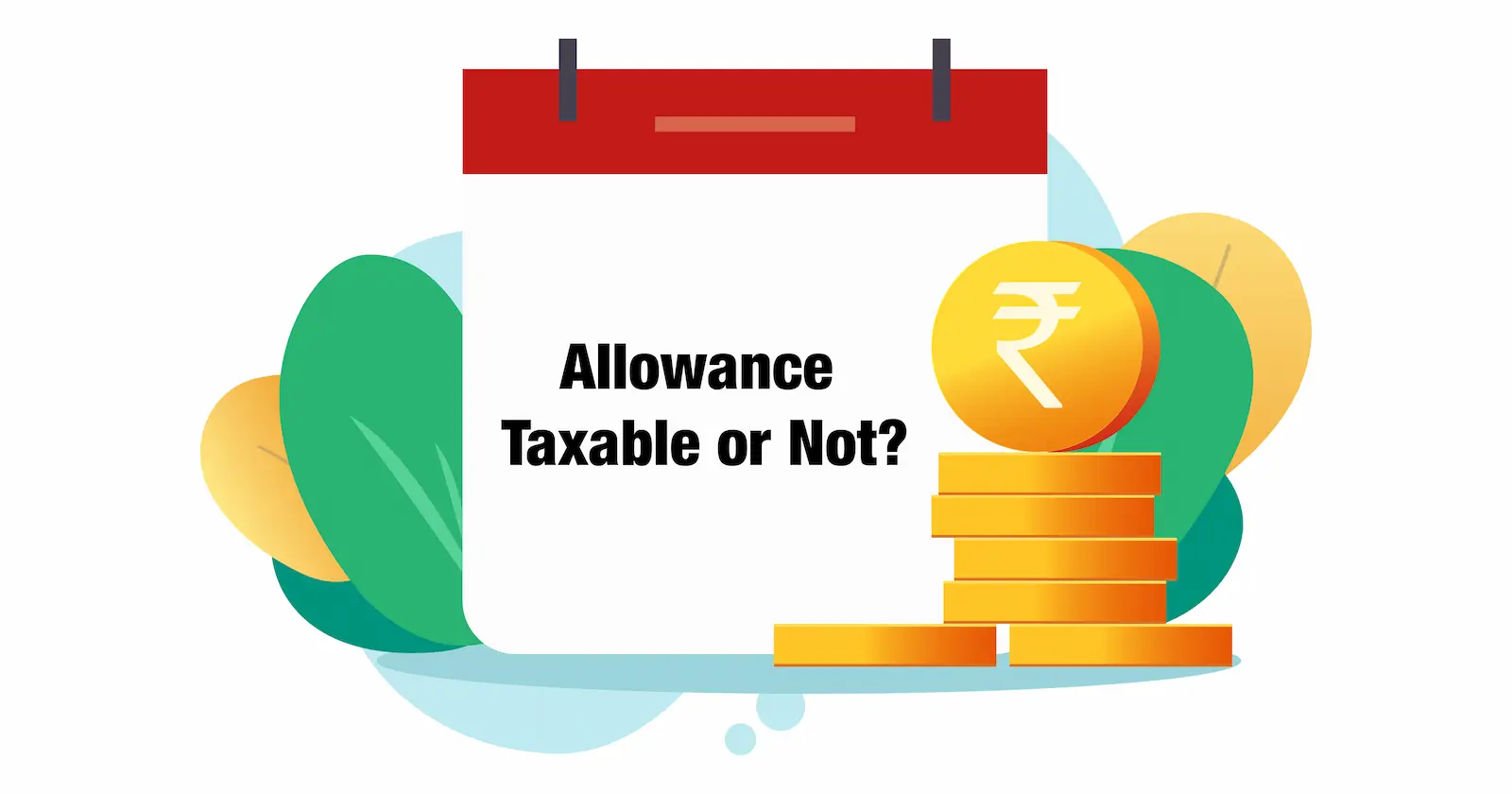In his March 2021 Budget statement, Chancellor Rishi Sunak unveiled a super-deduction capital allowance to encourage businesses to invest more. From 1 April 2021 to 31 March 2023, companies will be able to claim a 130% super-deduction capital allowance on qualifying plant and machinery investments and a 50% first-year allowance for qualifying particular rate assets. The super-deduction will allow companies to cut their tax bills by up to 25p for every £1 they invest. The HM Revenue and Customs (HMRC) website recognizes computer hardware as machinery, but it is unclear how capital investment in digital assets is treated.
Commenting on the new allowance, Shashi Prashad, private enterprise partner at KPMG, said: “The super-deduction of 130% tax relief on investment in plant and machinery is intended to supercharge business investment and may well do so. By giving it a finite window of two years, the chancellor is incentivizing corporate investment sooner rather than later.”
Portia Pierrel, director at PwC, said: “This will provide not only an accelerated timing benefit but additional tax relief on expenditure incurred. For example, we anticipate a manufacturer incurring £10m of expenditure on a new factory to receive an additional £1m of cash tax saving over the two years the measure is in place.”
But as businesses use pay-per-use cloud-based services with recurring subscription fees, questions remain on how such technology is accounted for and whether it can be treated as a capital investment.
Julian David, CEO of tech trade organization TechUK, argued that although the measures put in place by the chancellor will help increase investment across the UK, digital assets and software investments need to be recognized. “We would strongly encourage that these schemes, including the super-deduction, apply to the needs of modern businesses that increasingly rely on intangible digital investments in cloud computing, data, and artificial intelligence tools to boost growth,” he said.
The HMRC said that IT equipment like computer hardware is within the scope of the super-deduction, provided its qualifying conditions are met. For instance, the equipment must be new and unused. In subscription-based purchases, HMRC said the super-deduction would apply based on the contractual terms. For example, the allowance is not available for expenditure incurred due to a contract entered into on or before 3 March 2021.
The super-deduction allowance may have repercussions as and when assets are sold.
In an article on the Out-Law website, Eloise Walker, partner and head of corporate tax at Pinsent Masons, the law firm behind Out-Law, warned that the allowance would add considerable complexity when the assets are subsequently sold.
“The policy paper giving details of the new regime even goes as far as to say the measure could ‘negatively impact customer experience’ because of the additional tax admin tasks to be completed when assets are sold,” she said.

